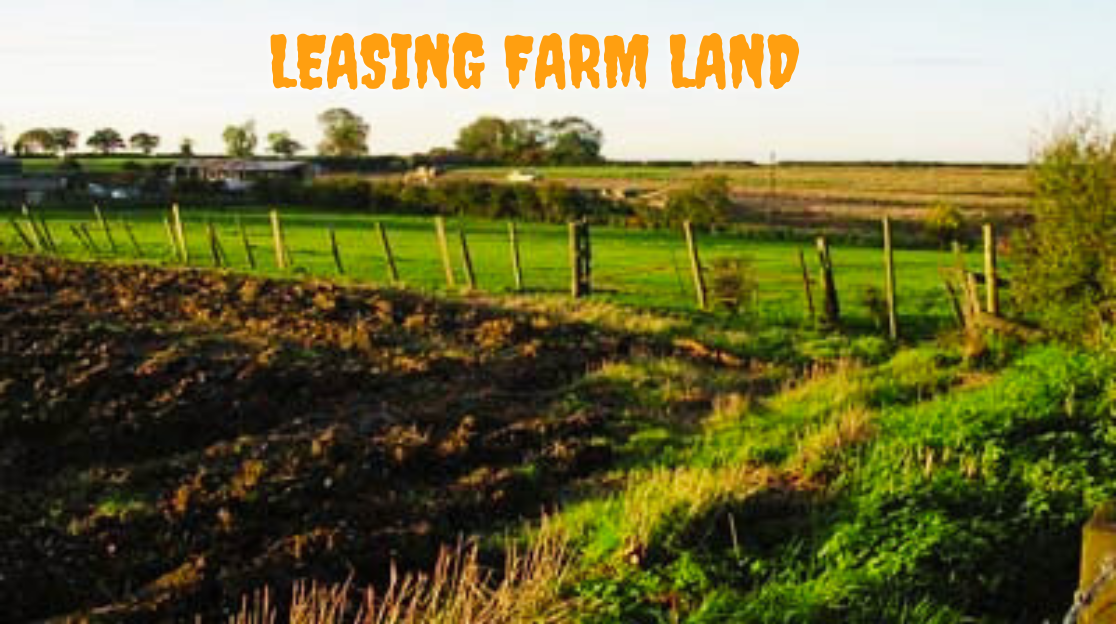Investing in land has long been a favored choice among real estate enthusiasts and savvy investors, offering substantial returns with proper research and planning. If you’re considering adding land to your portfolio, this guide will walk you through types of investment land, benefits, risks, and strategies for maximizing your gains.
What Is Investment Land?
Investment land refers to land purchased specifically for the purpose of generating profit, either through appreciation, leasing, or development.
Raw Land vs. Improved Land for Investment
Raw land lacks infrastructure such as roads, utilities, or buildings, while improved land already has these basics in place. It typically requires more investment in development, but it’s often more affordable upfront.
Different Purposes for Investment Land
Investment land can serve multiple purposes: residential, commercial, agricultural, or recreational. Each type has unique benefits and risks, so understanding your goals can help you select the right kind of land.
Types of Investment Land Opportunities
Residential Development Land
Residential land is used to build homes or apartments. With increasing housing demand in urban areas, residential land often promises solid returns if developed strategically.
Commercial Land
Land for commercial purposes can be developed into retail centers, office buildings, or mixed-use spaces. These types of developments are often high-value investments due to potential rental income.
Agricultural Land
Agricultural land is ideal for farming and can yield returns through crop sales or leasing to farmers. It may also have tax advantages, depending on the region.
Recreational and Conservation Land
Some land serves for recreational or conservation purposes, like parks, campgrounds, or nature reserves. These options can be leased or sold to organizations focused on environmental preservation.
Key Benefits of Investing in Land
Long-Term Appreciation
Land generally appreciates over time, especially in areas experiencing population growth or development. Holding onto land can lead to considerable returns in the long run.
Low Maintenance Costs
Compared to rental properties, land requires minimal maintenance. There are no buildings to repair, and taxes and upkeep are often relatively low.
Flexibility in Development
Land offers numerous possibilities. Depending on zoning laws, you may develop residential housing, commercial spaces, or lease it for agriculture or recreation, adapting to market demands.
Evaluating Land as an Investment Opportunity
Location and Accessibility
Location is crucial. Land near expanding urban areas or accessible by major roads often has a higher chance of appreciation and increased buyer interest.
Zoning and Permits
Check local zoning regulations to understand what’s permissible on the property. If your plan doesn’t align with zoning, you may face legal challenges or expensive rezoning processes.
Soil and Topography
Especially for agricultural or construction purposes, soil quality and topography are important. Rocky or swampy land may require extensive work, increasing costs.
Researching Market Trends for Land Investments
Population Growth and Urban Expansion
Areas with rapid population growth and urbanization present more opportunities for appreciation and development, making them attractive for residential and commercial land investments.
Economic Stability of the Area
A stable local economy suggests steady demand for housing and businesses, supporting your investment’s value. Conversely, high unemployment rates or declining industries may indicate slower growth.
Financing Options for Land Investment
Traditional Loans and Mortgages
Some banks offer land loans, though these often require higher down payments and have shorter terms than standard home mortgages.
Real Estate Investment Trusts (REITs)
If direct ownership isn’t feasible, REITs focused on land can be a low-entry investment option. REITs pool funds from multiple investors to acquire land, offering passive income through dividends.
Private Investors and Partnerships
If you have a solid plan but limited funds, partnering with private investors may provide the capital needed for acquisition and development.
Steps to Acquiring Investment Land
Conducting Due Diligence
Research property history, zoning, market value, and environmental conditions to avoid costly surprises.
Working with Real Estate Agents
Specialized land agents can provide valuable insights and help negotiate favorable terms, making them a good investment for new buyers.
Risks Involved in Land Investment
Market Volatility and Economic Downturns
Land is subject to market cycles. Economic downturns may reduce land value or delay development plans, impacting potential profits.
Environmental and Zoning Challenges
Environmental restrictions or zoning limitations can hinder your plans, adding costs or requiring legal assistance to resolve.
How to Increase the Value of Investment Land
Making Minor Improvements
Simple enhancements like clearing debris, fencing, or landscaping can make the land more appealing and increase resale value.
Land Leasing for Passive Income
If immediate development isn’t feasible, leasing land for farming, recreational purposes, or temporary storage can generate passive income.
Different Exit Strategies for Land Investors
Selling for Profit
Selling the land once it appreciates allows you to capitalize on increased value, especially if development in the area drives demand.
Leasing the Land
Long-term leasing can be lucrative if you find businesses, farmers, or organizations interested in renting the land for extended periods.
Environmental and Sustainability Considerations
Eco-Friendly Development
For environmentally-conscious investors, eco-friendly development practices—like using renewable energy—add value and appeal to sustainability-focused buyers.
Sustainable Farming Practices
Agricultural land can adopt sustainable farming practices, which not only help the environment but may also qualify for grants and tax incentives.
Tax Implications for Land Investments
Understanding Capital Gains Tax
Selling land at a profit incurs capital gains tax. Long-term holdings usually benefit from lower tax rates, while short-term investments are taxed at a higher rate.
Tax Benefits for Agricultural Land
Some areas offer tax incentives or reduced property taxes for agricultural land, making this an appealing choice for investors interested in farming.
Tips for New Investors in Land
Starting with Small Parcels
Small parcels allow you to learn about the investment process with less financial risk. As you gain experience, you can scale up your investments.
Learning Local Zoning Laws
Understand local regulations and zoning laws to avoid investing in land that doesn’t support your intended use.
Conclusion
Land investment offers a unique opportunity for diversification in your real estate portfolio, offering potential for growth and steady appreciation. By thoroughly researching options, understanding market trends, and taking advantage of tax benefits, land investors can achieve significant returns. Whether you aim to develop, lease, or hold, land provides flexibility and potential for long-term gains.
FAQs
Is land a good long-term investment?
Yes, land generally appreciates over time, especially in high-demand or developing areas.
What types of land are best for investment?
Residential and commercial lands in growing areas are popular, but agricultural and recreational land also offer profitable opportunities.
How can I finance land purchases?
Traditional loans, REITs, and private partnerships are common financing options, with each offering unique benefits depending



